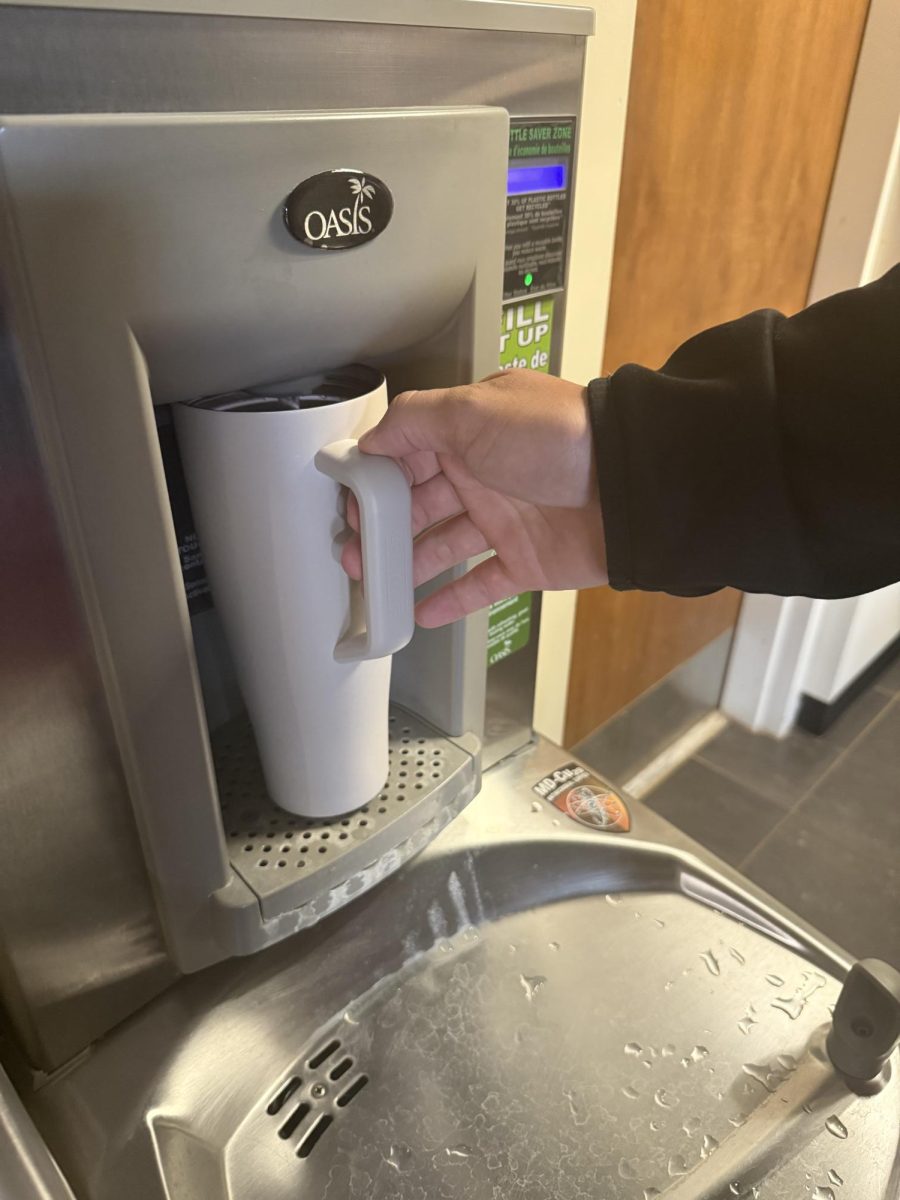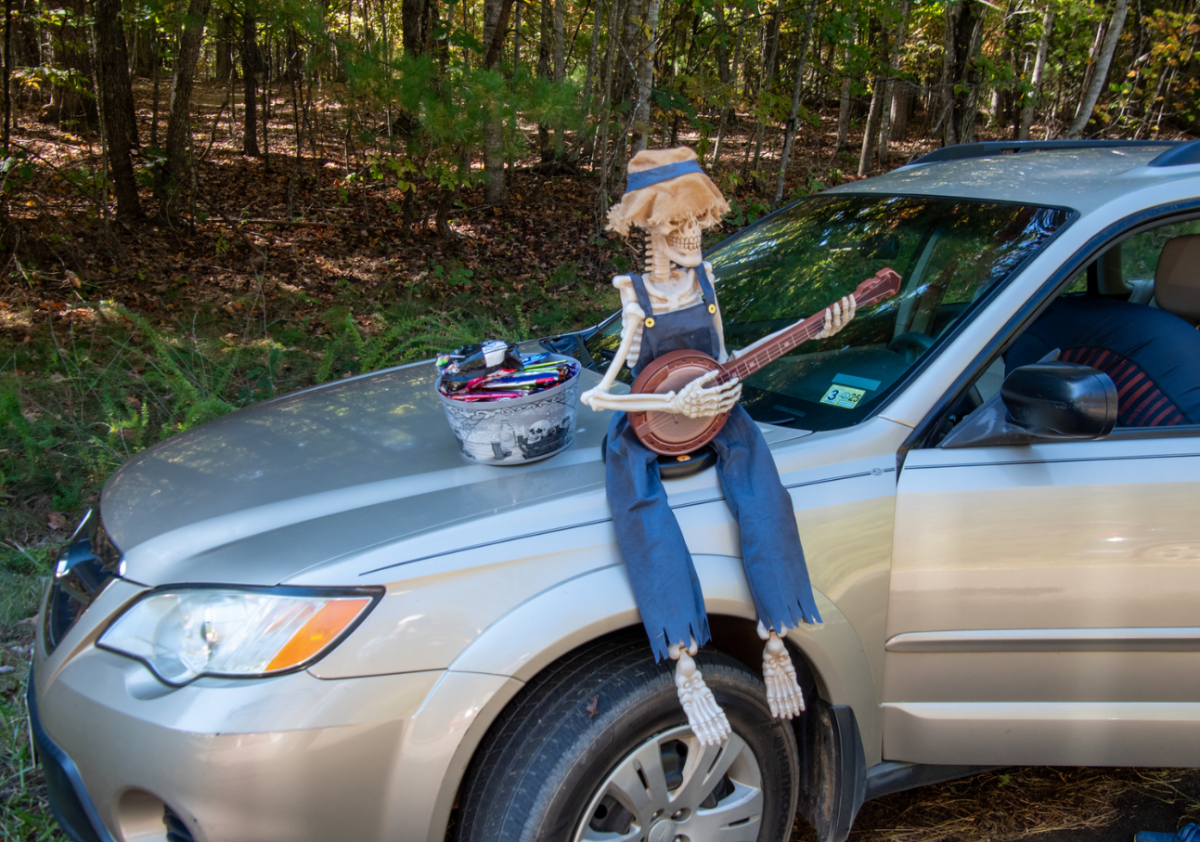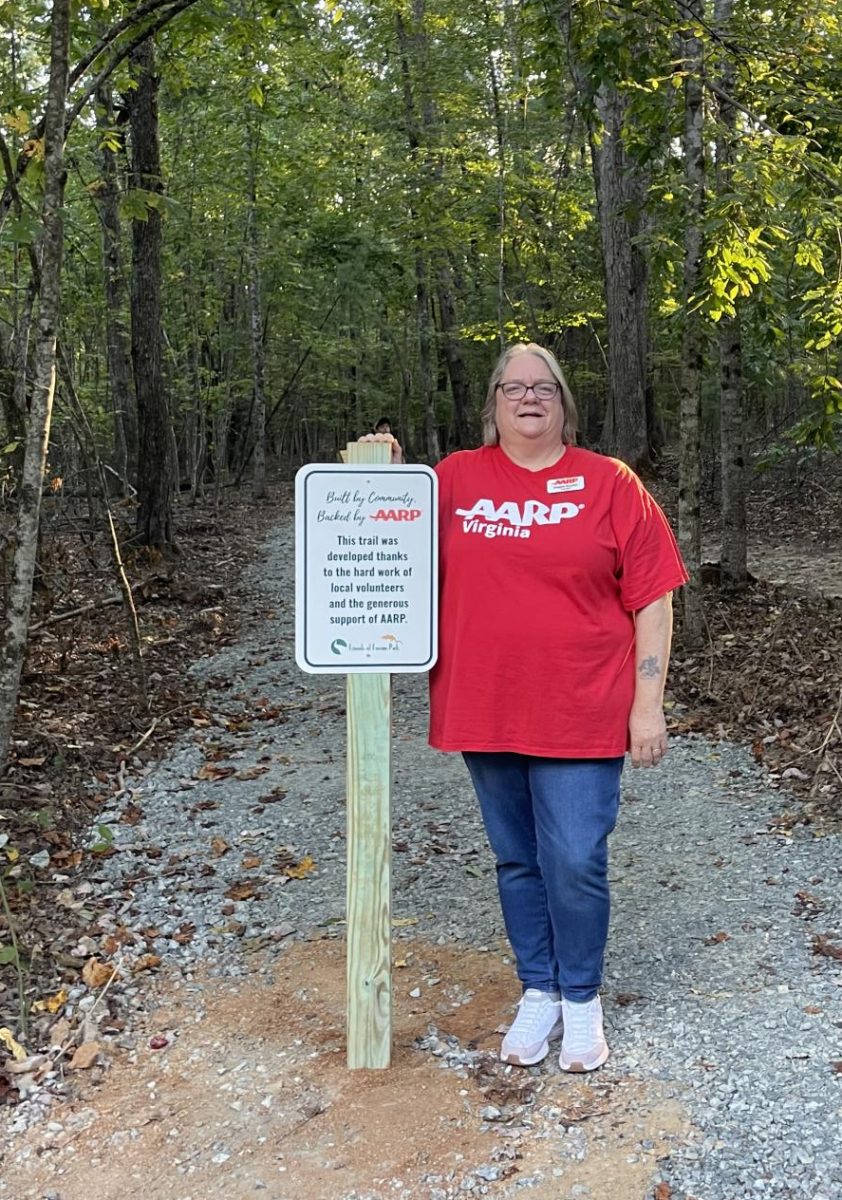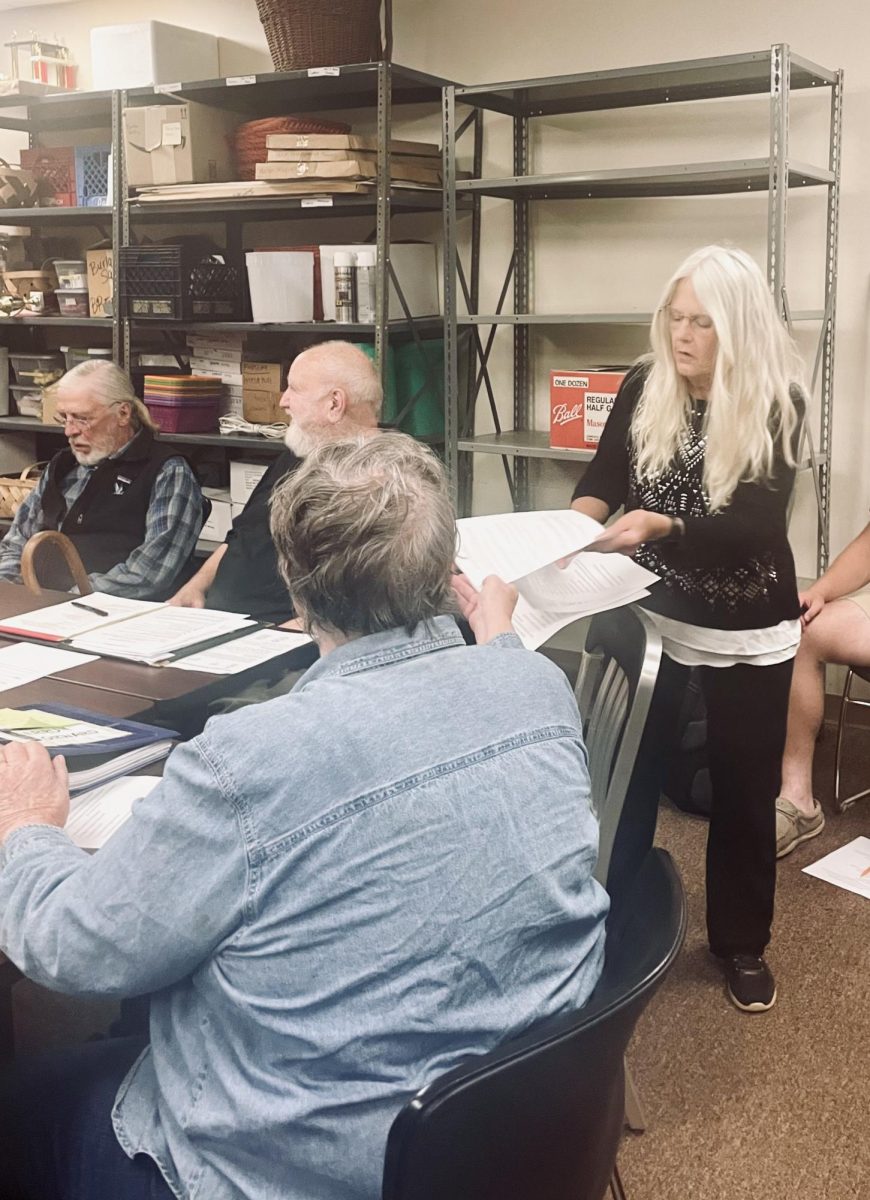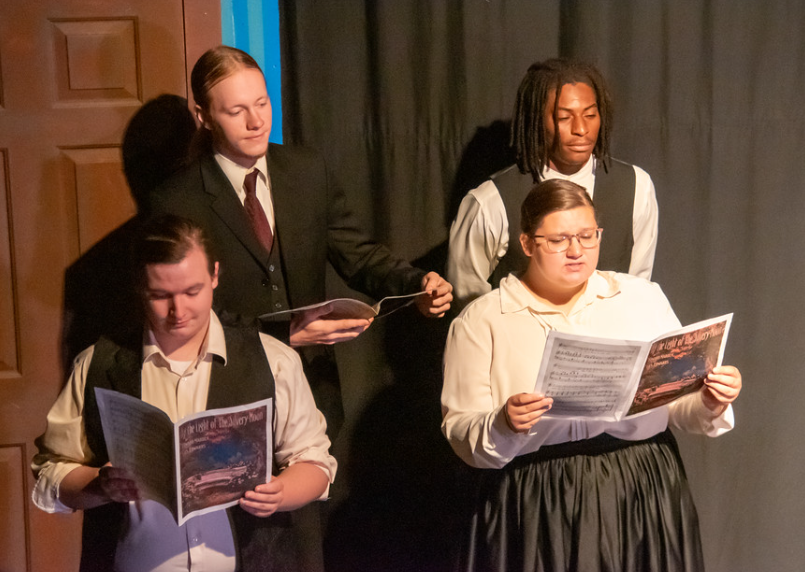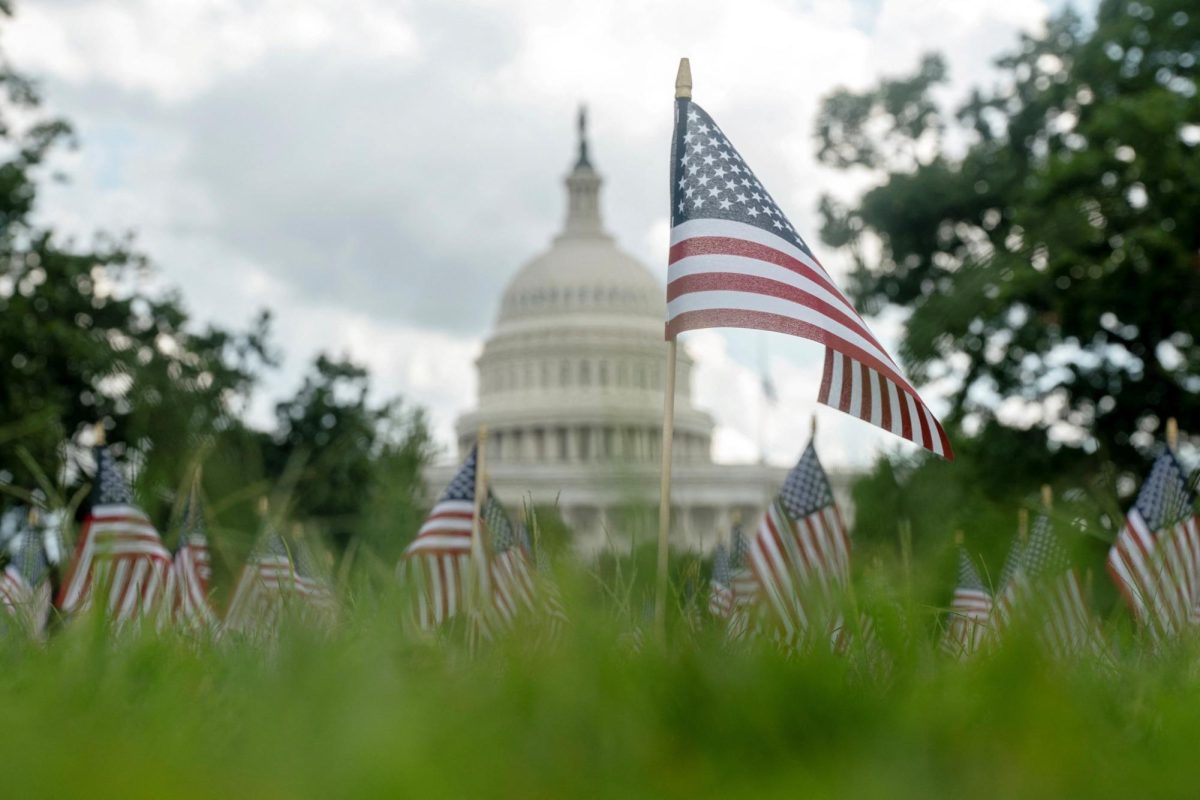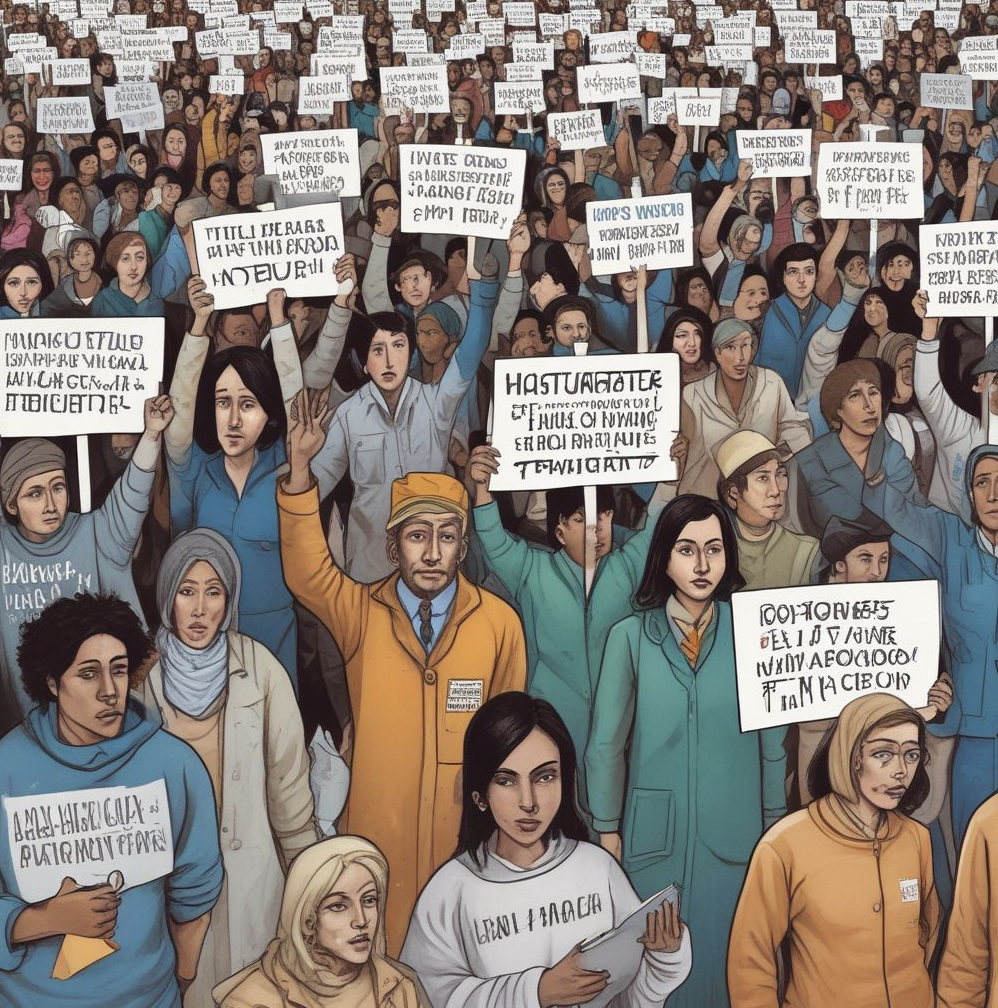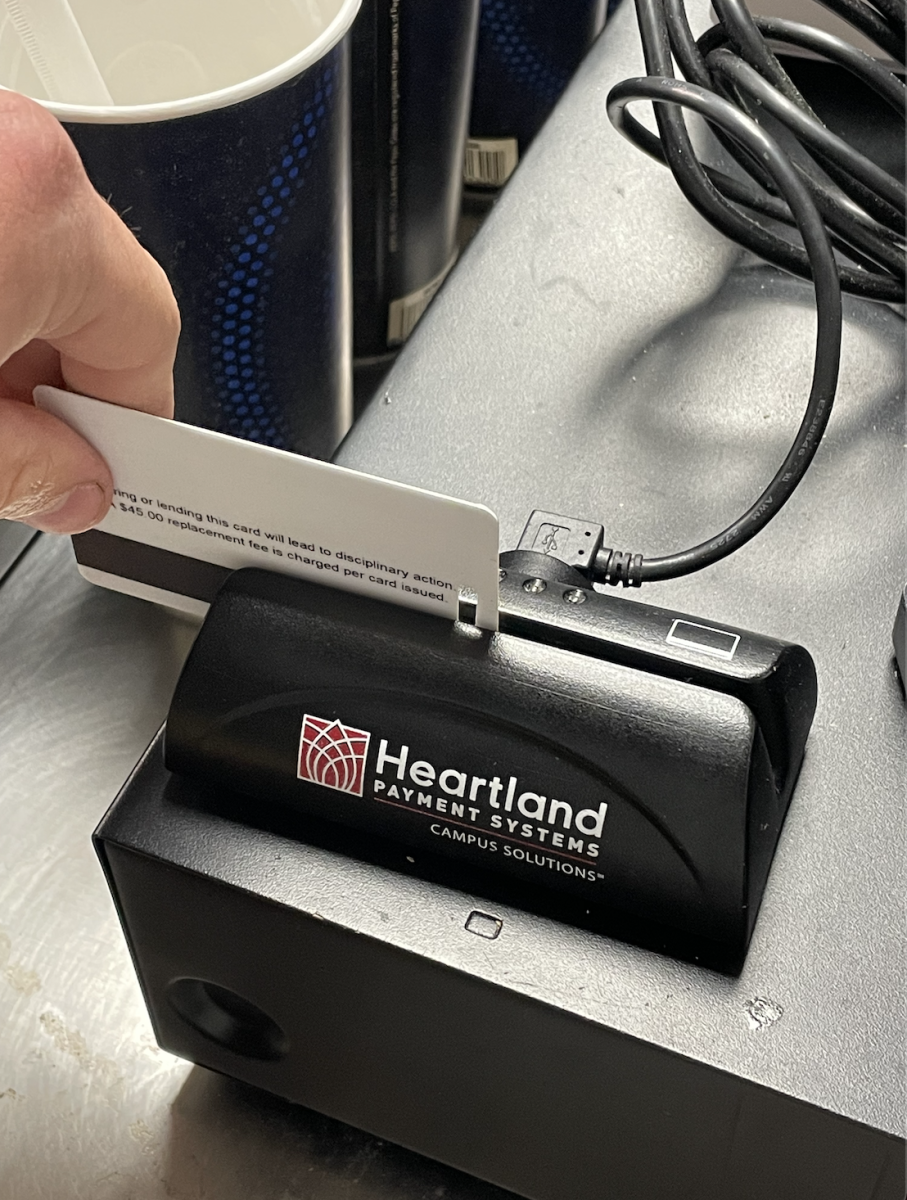A man talks about his psilocybin (magic mushroom) trip. He says he saw a vision of a bird in a cage, flapping its wings aggressively. He says that in a breath, he realized that he could just let the bird out of the cage. He says the bird didn’t need to be trapped and neither did he.
The man was one of 49 participants who agreed to be part of a study, conducted by Imperial College London, to see whether psychedelic mushrooms had any impact on depression, compared to taking an SSRI (selective serotonin rebuke inhibitors).
The participants took psilocybin in a controlled environment with a psychotherapist nearby. The day after their “trip”, participants went through a talk-therapy session with the psychotherapist to discuss what they went through during their time on psilocybin.
Talking about the impact of magic mushrooms on depression and why they work so well, Rosalind Watts, the psychotherapist they had for the study said the essence of why this model is good.
“(This is) because it sees pain as something to be learned from, not something to be ignored. So rather than suppress pain, you open yourself up to engage with it so you can process it, move on from it, and also learn from it,” Watts said.
The study found that 60% of the participants said they were no longer experiencing depression six weeks after taking psilocybin, whereas only 30% of the participants taking SSRIs found that they were no longer suffering from the effects.
The participants in the trial only needed to have two sessions of taking psilocybin before seeing significant effects. Their trips helped them come to the realization that they didn’t have to feel trapped by their depression. One woman said that she realized a lot of her depression was grief, and that she felt like a new person.
In an ESPN article, “Pain, Hope, Science Collide as Athletes Turn to Magic Mushrooms”, many athletes who sought psilocybin for healing were interviewed. Steve Downie, former NHL player for the Philadelphia Flyers, suffered from multiple concussions during his career. Downie turned to psychedelic mushrooms because it “comes to a point where you got to try something new.”
After his trip, Downie expressed how realized he had been abusing drugs and alcohol just to numb his brain.
“At the end of all this, I think what I’ve learned is how to control what goes on.,” Downie said. “I do have control. I can control this. I’m going to go home, and I’m going to identify and execute and be a better father and stay around for my kids, deal with my concussion problems as best I can.”
People seem to have emotional breakthroughs when they take magic mushrooms, which is helpful in itself, but research shows that it helps to lessen depression. In the Bloomberg article, “A Single Dose of Magic Mushroom Psychedelic Can Ease Major Depression, Study Finds”, about a study on the effectiveness of psilocybin and depression, researchers touted the positive effects.
“Psilocybin treatment was associated with a clinically significant sustained reduction in depressive symptoms and functional disability, without serious adverse events. These findings add to increasing evidence that psilocybin — when administered with psychological support — may hold promise as a novel intervention for major depressive disorder,” researchers in the study said.
Psilocybin use is also helpful for cancer-ridden and terminally ill patients. A 2016 study at NYU Grossman on the use of psilocybin in terminally ill patients was conducted, and researchers said that a single dose of psilocybin relieved depression, anxiety, and hopelessness in cancer patients.
“More recently, in a follow-up study, 80% of the same patients reported that the positive effects were sustained 4½ years later,” the study reported.
That same study talks about the “right-to-try” act, which was, thankfully, passed in 2018. The study claims that the right-to-try act “give(s) gravely ill patients access to experimental drugs without having to wait for FDA approval, have helped jump-start the surge in psychedelic research. Currently, 41 states have their own versions of these statutes, which stand alongside the federal Right to Try Act.”
Why is this drug, that is so impactful and helpful to the brain, illegal?
Multiple other studies have been conducted that prove that psilocybin is just as effective as an anti-depressant in reducing depression. SSRIs cause weight gain, fatigue, irritability, and a slew of other side effects. Yet psilocybin took only two sessions to help people suffering from major depression with no side effects.
Magic mushrooms should be made available in the medical world to treat depression. Alongside talk-therapy, the results could be life-changing. Psilocybin helps people open their eyes to how to let go of their grief and sadness without the burden of side effects that come along with traditional medicine.



